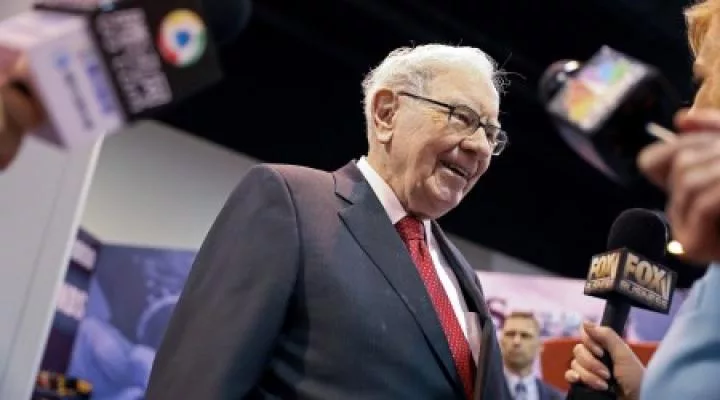On Saturday, Berkshire Hathaway Inc. shareholders decisively rejected six modifications to the company’s environmental, social, and governance policies that both Warren Buffett and his board had opposed.
Shareholders rejected three requests that Berkshire publish more information on its climate-related risks or greenhouse gas emissions and measures to resolve them, as well as its initiatives to support diversity, by margins of at least 3-to-1.
They also rejected a new proposal for an independent director to succeed Buffett as chairman by a margin of about 10-to-1.
Additionally, less than 1% of investors backed the idea that Berkshire and its operational companies should avoid taking sides on divisive social and political topics unless it was absolutely required for business.
The independent chair proposal’s backer said that if adopted, Berkshire would become “less identified” with Buffett’s “political activities.”
By bringing up Bill Gates, whose charity receives a sizable portion of Buffett’s money, and his suspected past association with the late financier and sex criminal Jeffrey Epstein, he also elicited jeers from the audience.
Buffett said that although political contributions at the corporate level “unfortunately are in a few industries part of the way the world works,” Berkshire’s several operational businesses understand they do not have “a piggy bank to promote their own views on politics.”
“Generally speaking,” he said, “we’ve had quite a satisfactory experience” at Berkshire.
The votes were expected since Buffett has special shares that give him a nearly 32% voting position in Berkshire, making it challenging to pass plans he doesn’t agree with.
The California Public Employees Retirement System (CalPERS), the biggest public pension system in the United States, was a co-sponsor of one of the climate disclosure proposals that were rejected for the third consecutive year.
The company’s 15-person board was likewise reelected by Berkshire shareholders.

